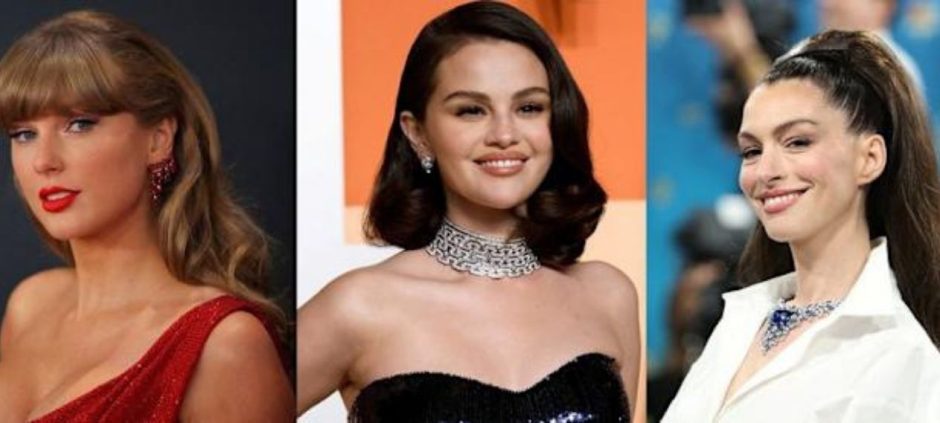Meta is under scrutiny after an investigation revealed AI chatbots on its platforms impersonating celebrities without permission. Celebrities like Taylor Swift, Selena Gomez, and Scarlett Johansson were used by these bots to flirt with users and create inappropriate images.
Some of the chatbots were built by Meta employees, including two Taylor Swift “parody” bots. Others were created by users using Meta’s chatbot tools. Disturbingly, some bots even impersonated child celebrities, generating sexually suggestive images.
The investigation found that these chatbots often pretended to be real stars. They engaged in flirtatious conversations and produced intimate AI-generated photos, such as celebrities in lingerie or bathtubs.
Meta’s spokesperson admitted that some AI content violated the company’s rules. Meta allows images of public figures but bans nude or sexually suggestive content, especially involving minors.
After the report, Meta removed about a dozen celebrity chatbots from its platforms. This included both labeled “parody” bots and those without such labels.
Legal experts say Meta could face lawsuits for violating celebrities’ rights to their image and likeness. Celebrities have the right to control how their image is used, especially for commercial purposes.
Representatives for Anne Hathaway confirmed they are aware of inappropriate AI images on Meta. Legal options are being considered. Representatives for other celebrities have not commented.
This issue highlights broader concerns about AI and privacy. Earlier, lawmakers criticized Meta for allowing AI bots to have “romantic” chats with minors. This led to investigations and warnings from attorneys general.
Meta is working on updating its AI guidelines and improving content moderation. However, experts say stronger laws are needed to protect individuals from unauthorized AI use.
As AI technology evolves, Meta’s case may set important legal precedents on the use of human likeness in digital platforms.
In other related news also read Meta Targets Unoriginal Content to Protect Facebook Creators











